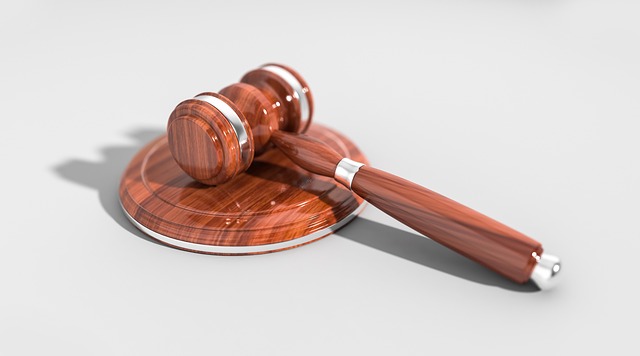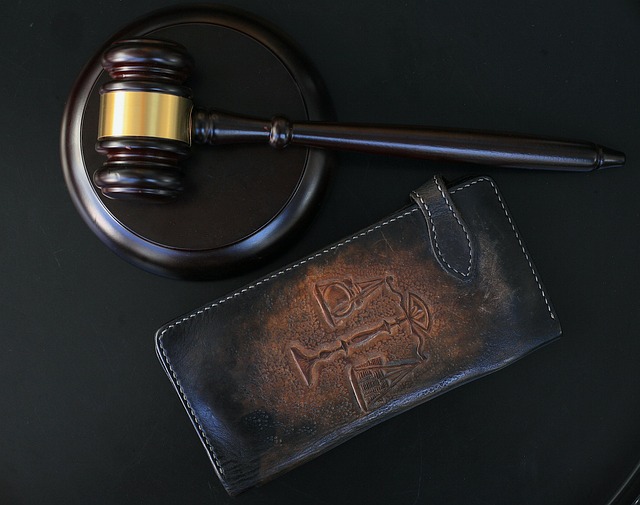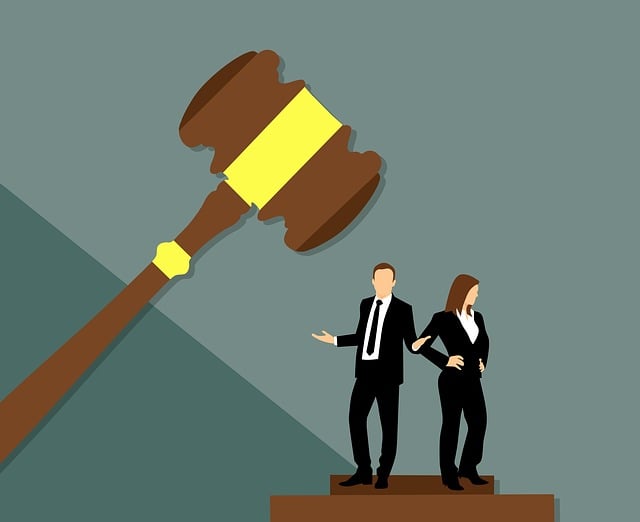Finance crime probes uncover illegal activities like fraud and money laundering. Understanding personal injury claims is crucial for justice and protection. Steps involve gathering evidence, filing formal claims with legal authorities, and consulting specialized attorneys. Building a strong claim requires comprehensive documentation, from medical records to digital evidence. Legal procedures include assessing case merit, official claim filing, serving notices, mediation, and potential jury trials. Consulting experts maximizes compensation through civil lawsuits or insurance claims.
“Discover the ins and outs of finance crime probes with our comprehensive guide. Understanding personal injury claims is crucial for those seeking justice and compensation. Learn when and how to file, focusing on building a robust case through essential evidence gathering. We break down the legal procedures step-by-step, ensuring you know your rights and options. Maximize your compensation potential by navigating these complex processes effectively. Dive into this essential resource to master ‘How to File a Personal Injury Claim’.”
- Understanding Finance Crime Probes: A Comprehensive Guide
- When to File: Evaluating Your Personal Injury Claim
- Building a Strong Case: Gathering Essential Evidence
- Navigating Legal Procedures: Step-by-Step Process
- 5.Maximizing Compensation: Know Your Rights and Options
Understanding Finance Crime Probes: A Comprehensive Guide
Finance crime probes are a crucial tool for uncovering and deterring illegal activities that involve financial institutions and transactions. These investigations encompass a wide range of crimes, from fraud and money laundering to tax evasion and embezzlement. Understanding how these probes work is essential for both victims seeking justice and individuals looking to protect themselves against such crimes.
When facing a personal injury claim, the process can be daunting, but with a comprehensive guide, you can navigate it effectively. The first step is to gather evidence—documents, witness statements, and any relevant information that supports your case. Once prepared, you can file a formal claim with the appropriate legal authorities. Achieving extraordinary results often relies on meticulous attention to detail and a deep understanding of your rights. Remember that in complex cases, consulting a legal professional who specializes in financial crime investigations can significantly enhance your chances of a successful outcome, especially if you’re facing jury trials down the line.
When to File: Evaluating Your Personal Injury Claim
When deciding whether to file a personal injury claim, it’s crucial to consider several factors and understand the process. The first step is to assess if your injuries meet the threshold for legal action—this could involve evaluating physical harm, medical bills, and the impact on your daily life. If you believe your injuries are severe enough and were caused by someone else’s negligence or intentional act, it’s time to take action.
Filing a claim can be complex, so seeking guidance from an experienced attorney is often beneficial. A lawyer can help navigate the legal system, ensuring your rights are protected. Across the country, many firms specialize in personal injury cases and strive for achieving extraordinary results for their clients by thoroughly investigating incidents, gathering evidence, and negotiating settlements or taking cases to trial if necessary.
Building a Strong Case: Gathering Essential Evidence
Building a solid case for a personal injury claim requires meticulous evidence gathering. It’s crucial to document all relevant details from the incident—from medical records and witness statements to photographs and video footage. These pieces of evidence can be instrumental in proving liability and quantifying damages during what often becomes a complex legal process.
For his clients, a skilled attorney will guide them through this phase, ensuring that nothing is overlooked. This includes preserving digital evidence, like text messages or surveillance videos, which can significantly impact the outcome. Ultimately, gathering essential evidence is about preparing a compelling narrative that not only supports the claim but also increases the chances of reaching a favorable settlement or, if necessary, successfully navigating jury trials and avoiding indictment.
Navigating Legal Procedures: Step-by-Step Process
Navigating Legal Procedures: A Step-by-Step Process for Filing a Personal Injury Claim
The first step in any personal injury claim is to assess your case and determine if it holds legal merit. This involves gathering evidence, such as medical records, police reports, witness statements, and photographs of the incident scene. Once you’ve compiled these documents, consult with an experienced attorney who specializes in personal injury law. They will review your case and advise you on its potential strength. If proceeding, the next step is to officially file a claim with the appropriate court or legal body. This process typically involves completing and submitting specific forms, which can be done through your attorney’s assistance.
The subsequent stages involve serving legal notices to the defendant(s), exchanging discovery materials (including evidence and witness testimonies), and potentially attending mediation sessions to reach a settlement out of court. If negotiations fail or the case proceeds to trial, you’ll present your evidence before a judge and jury. Throughout this process, your attorney will guide you, ensuring that all legal procedures are followed accurately and efficiently. Their expertise is invaluable in achieving the best possible outcome for their clients, whether corporate or individual, backed by an unprecedented track record of success.
5.Maximizing Compensation: Know Your Rights and Options
When navigating Finance Crime Probes, understanding your rights and options for maximizing compensation is paramount. If you’ve been a victim of financial crime, such as fraud or embezzlement, knowing how to file a personal injury claim can be crucial in securing fair redress. Start by gathering comprehensive documentation detailing the harm incurred, including any losses, expenses, and emotional distress. This may involve bank statements, legal correspondence, or expert opinions, all of which will strengthen your case when presenting it to insurance companies or legal entities.
Understanding the process is key to achieving an unprecedented track record in your claim. Consult with attorneys or financial crime specialists who can guide you through the complexities, ensuring you explore all viable options for compensation. This may include pursuing a civil lawsuit against the respective business responsible or filing an insurance claim. By exercising your rights and seeking professional advice, you can avoid indictment and work towards recovering what was unjustly taken from you.
Finance crime probes are essential in ensuring fairness and justice, especially in personal injury cases. By understanding the process, gathering robust evidence, and navigating legal procedures competently, individuals can maximize their compensation and assert their rights. This comprehensive guide provides valuable insights into how to file a personal injury claim, offering a clear roadmap for those seeking resolution. Remember, knowing your options and staying informed is crucial in achieving a favorable outcome.






